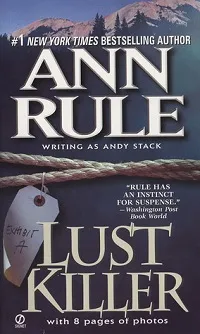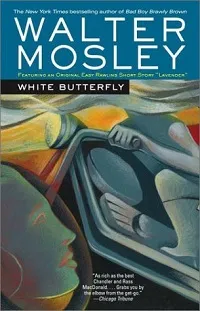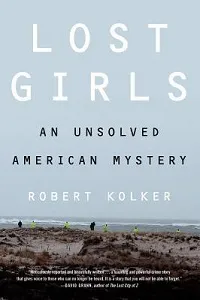
8 Books for Fans of MINDHUNTER
This content contains affiliate links. When you buy through these links, we may earn an affiliate commission.
I recently binge watched the new Netflix series Mindhunter. It’s exactly the kind of thriller I like, where all the tension is in conversation and character, rather than gore and action. Set in the 1970s, it follows the FBI’s behavioral science team through the early steps of coming to understand the phenomenon of serial killers. The agents interview killers and use the knowledge they gain to help police solve what appear to be serial crimes.
 A second season is coming, possibly in late 2018, although no release date has been announced. So those of us who love Mindhunter will have to wait a while to see where the story goes. It’s a good thing, then, that there are lots of great books out there that take us into the minds of killers and the people who investigate them. Here are a few to check out now.
A second season is coming, possibly in late 2018, although no release date has been announced. So those of us who love Mindhunter will have to wait a while to see where the story goes. It’s a good thing, then, that there are lots of great books out there that take us into the minds of killers and the people who investigate them. Here are a few to check out now.
The nonfiction book that inspired the series is an obvious choice. Special Agent John Douglas describes his work interviewing and studying such notorious killers as Charles Manson, John Wayne Gacy, and Richard Speck.
One of the more unsettling episodes of Mindhunter involves Holden Ford’s interview with Jerry Brudos, the “Shoe Fetish Killer.” In this book, you can get the real story behind the investigation and capture of this killer, told by none other than the queen of true crime, Ann Rule.
The third Easy Rawlins novel finds the recently retired detective being pulled into looking for a killer who murdered multiple black girls and then moved on to white college girls, causing the police to put pressure on Easy to solve the crime.
Most books about serial killing focus on the killers—or perhaps the investigators. Kolker takes a different approach in this fascinating work of true crime. He focuses on the victims, sex workers whose bodies were found on Long Island. We learn about how they got into sex work, the last known events of their lives, and how their families cope with the loss.
 A second season is coming, possibly in late 2018, although no release date has been announced. So those of us who love Mindhunter will have to wait a while to see where the story goes. It’s a good thing, then, that there are lots of great books out there that take us into the minds of killers and the people who investigate them. Here are a few to check out now.
A second season is coming, possibly in late 2018, although no release date has been announced. So those of us who love Mindhunter will have to wait a while to see where the story goes. It’s a good thing, then, that there are lots of great books out there that take us into the minds of killers and the people who investigate them. Here are a few to check out now.















